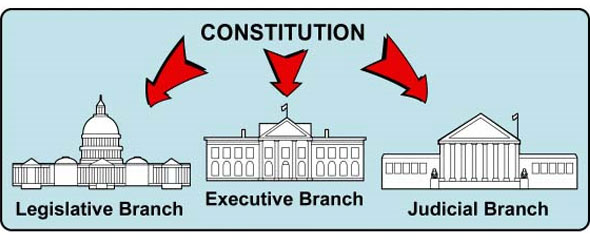
The next Colombian president should not just enact sensible, effective policies. He or she must also work to clean up the country’s cripplingly corrupt government and strengthen its dangerously weak democracy.
Last week, the British news weekly The Economist published two pieces on Colombia: an article analysing Colombia’s evolution under President Alvaro Uribe, and an editorial arguing that he should not run for a third term in this year’s elections. Like many international media outlets, The Economist argues in both pieces that, while Uribe has achieved much during his two terms, a third one would erode the foundation of Colombian democracy.
In that sense, The Economist has it right. Colombia must not go down the same slippery slope as Venezuela. President Uribe has never seen eye-to-eye with Venezuelan strongman Hugo Chavez, but by changing his country’s laws to allow a third term he would appear to emulate Chavez’s evolution into an antidemocratic caudillo. Moreover, the country is facing urgent issues, some new and some old, and desperately needs true political debate. Unfortunately, as The Economist acknowledges, Uribe’s public hesitation about running in the 2010 Presidential elections has become a dangerous political distraction.
In another equally important way, however, the editorial has it wrong. Both the editorial and the analytical piece portray President Uribe as a heroic leader of a democratic state under threat by illegal armed groups. The editorial goes further in saying that, if he does not run for a third term, Uribe “might enter history as a democrat who saved his country.” The article contains only scant coverage of the overwhelming number, scale and gravity of the scandals that have plagued the Colombian state under Uribe. Indeed, like most international media outlets, The Economist ignores the crucial fact that the Colombian state can hardly be considered democratic at all. A European economist who has worked in Colombia over the past four years put it better than I ever could when he told me that The Economist ignores the fact that there is something very rotten at the heart of the Colombian state.
To be fair, the Colombian state was rotten, dysfunctional and undemocratic long before Uribe came to power in 2002. Furthermore, nobody has ever convincingly linked the president directly to most of the scandals that happened during his two terms in office, although certainly many intelligent people have tried.
On the other hand, it seems silly to discuss Colombia’s pressing issues just months before the elections without paying serious attention to the fact that over the past decade, Uribe allies (and, less frequently, Uribe opponents) have been at the heart of worrying corruption scandals in nearly every branch and level of government. Although nearly every country and political party faces occasional allegations of small-time bribery, the nature and sheer scale of corruption over the past seven years goes far beyond what is usual around the world and even in Colombia. In fact, the combined epidemics of paramilitary-political links, clientelism, bribery and political intimidation WITHIN the Colombian state constitue perhaps a greater threat to Colombian democracy than illegal armed groups.
To give just a few examples, Uribe supporters bribed and intimidated public officials in order to favor the president’s own first re-election campaign, as well as the referendum that allowed him to run for a second term. Clearly, as the country debates Uribe’s possible run for a third term, it is worth considering whether he won his second term through corrupt means. In a far older scandal, dozens of Uribe supporters in the national legislature and state governments have proven links to paramilitary death squads responsible for thousands of human rights abuses and much of the country’s trade in illicit drugs. So much for a democrat who has heroically fought a bold war on drugs.
There is still no convincing evidence that Uribe himself is a criminal, and there may never be. But the President has failed to reduce the high-level political criminality that is destroying Colombian democracy from within. The Economist is right to suggest that the question of whether Uribe will run for a third term has distracted Colombia at a time when it urgently needs to debate the serious and rapidly evolving issues facing the country. But it fails to see that one of these urgent issues is the weakness of Colombian democracy. Without a clean, functional, democratic government, it will be far more difficult for Colombia to address the many other problems facing the country.
Unfortunately, a serious debate about Colombian democracy is unlikely to happen even if Uribe doesn’t run for re-election this year. According to Latinobarometro, a regional survey published each year since 1995, Colombians are quite happy with their government, but support for democracy in Colombia in 2009 is lower than in any other Latin American country except Mexico, Ecuador and Paraguay.

